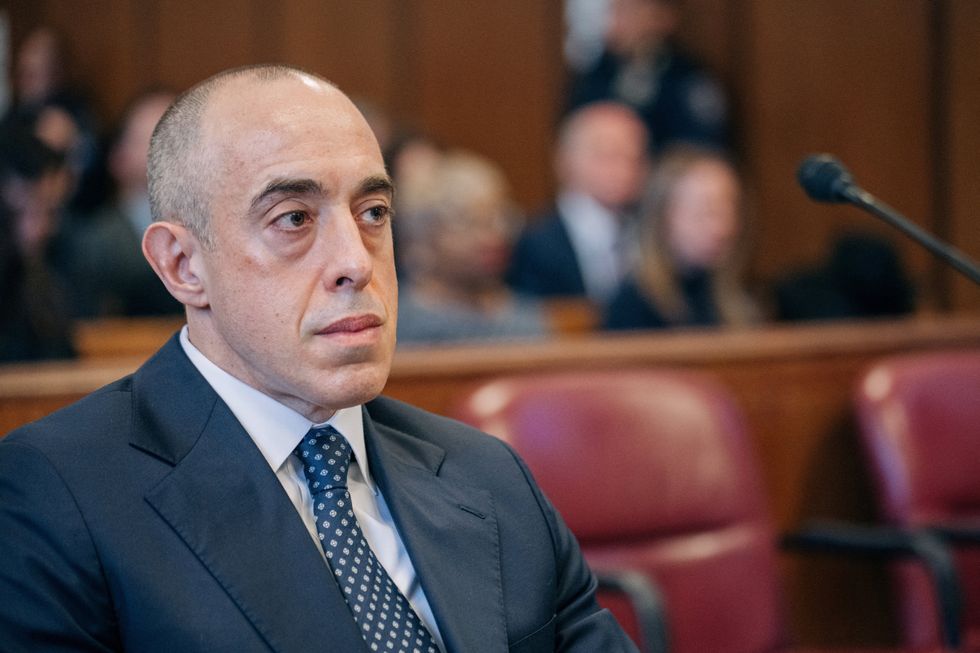URGENT UPDATE: New revelations have emerged regarding Judge Emil Bove, a former member of Donald Trump’s legal team, who reportedly advocated for the lethal destruction of boats allegedly carrying drug traffickers without evidence of wrongdoing. This alarming directive raises serious questions about U.S. military operations and the implications for human rights.
Earlier today, multiple sources informed NPR that Judge Bove, while serving as acting deputy attorney general, shockingly stated during a February address to the Organized Crime Drug Enforcement Task Forces (OCDETF) that the new policy should be to “just sink the boats.” This statement was met with disbelief among attendees, with one person recalling, “Jaws literally dropped” at the suggestion of targeting vessels directly.
Controversially, the U.S. military has executed operations resulting in the deaths of over 75 individuals on boats since that time, yet officials have failed to substantiate claims that these boats posed a credible threat to American safety. A former Department of Justice official present at the conference reflected on Bove’s remarks, saying, “It seemed so outlandish… until they started blowing boats up.”
The implications of this policy shift are dire, raising ethical concerns about the lack of due process for individuals aboard these vessels. Although the Department of Justice has provided legal justifications for these strikes to select members of Congress, critics are demanding clarity on the legal framework guiding such actions.
Furthermore, the Department of Justice’s Office of Legal Counsel reportedly advised against seeking additional war powers from Congress, claiming that current military personnel were not in danger. This assertion has prompted questions about accountability and the rationale behind these operations.
As this situation develops, the public and lawmakers alike are calling for a comprehensive investigation into the legality and morality of the military’s engagement in these strikes. The absence of concrete evidence linking these operations to narcotics trafficking only intensifies scrutiny on Bove’s statements and the administration’s broader strategy.
This unfolding story highlights a critical intersection of law, ethics, and national security that demands immediate attention. As more details come to light, the implications for U.S. policy on drug trafficking and military engagement continue to evolve.
Stay tuned for further updates as this situation develops and the ramifications of Judge Bove’s comments and the military’s actions unfold.







